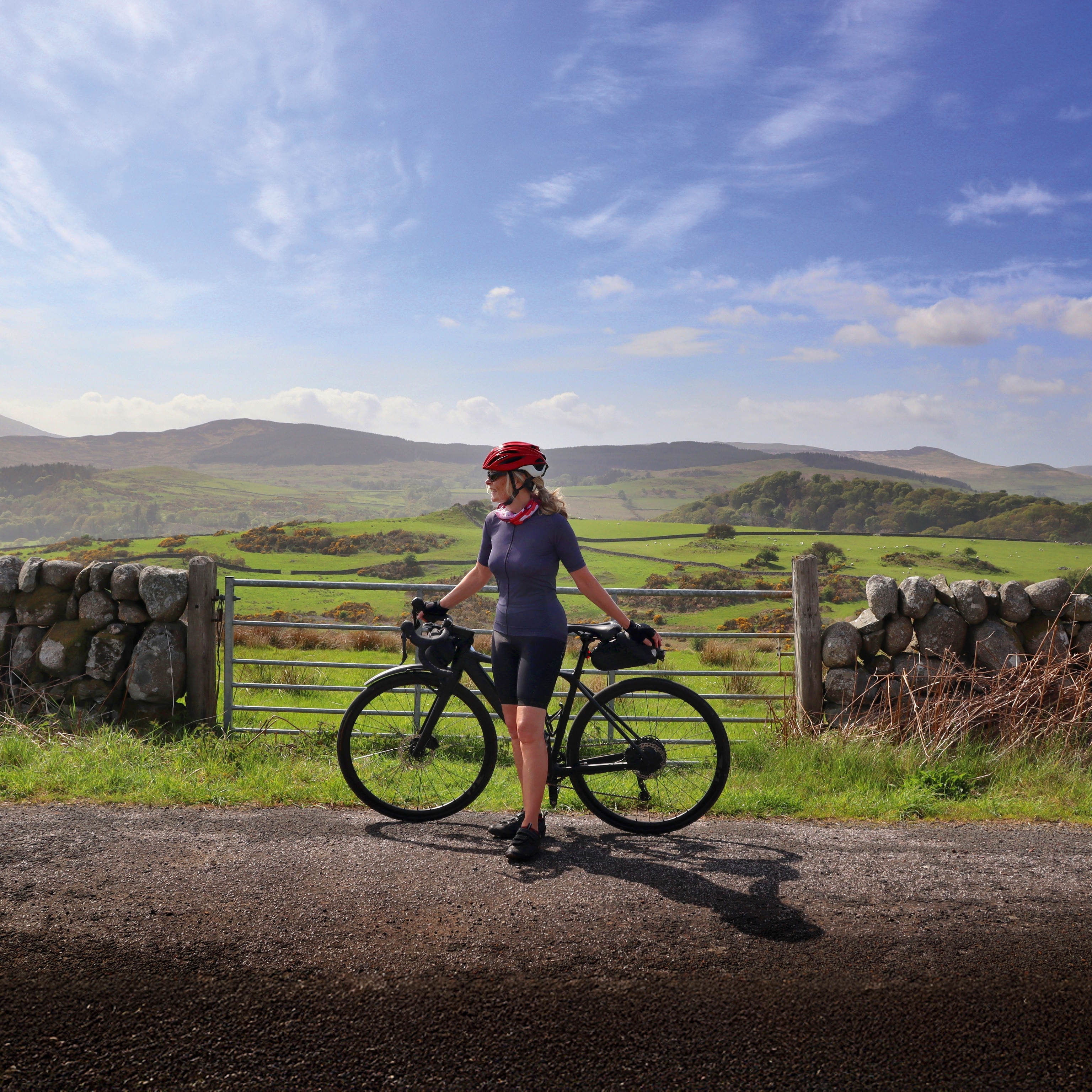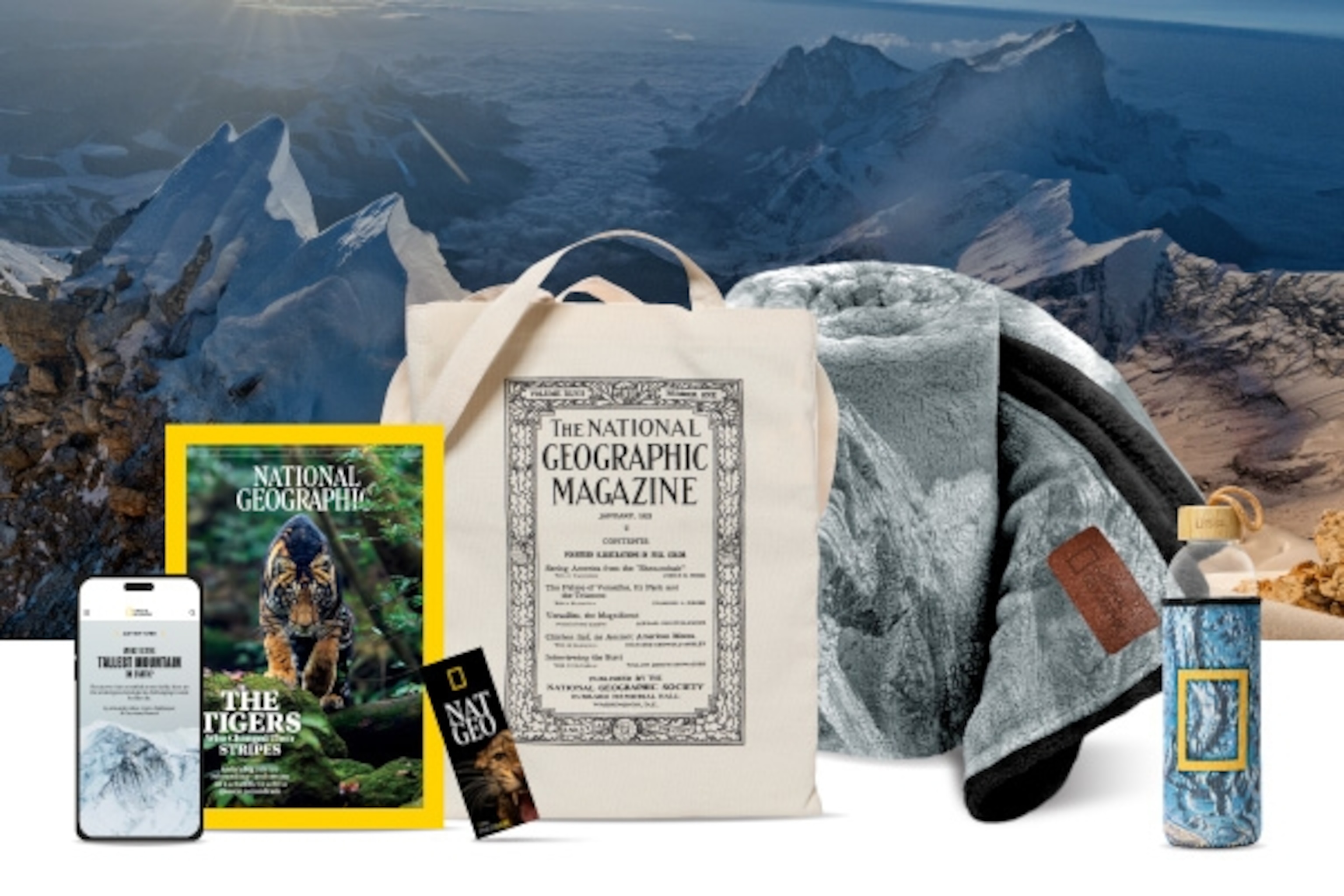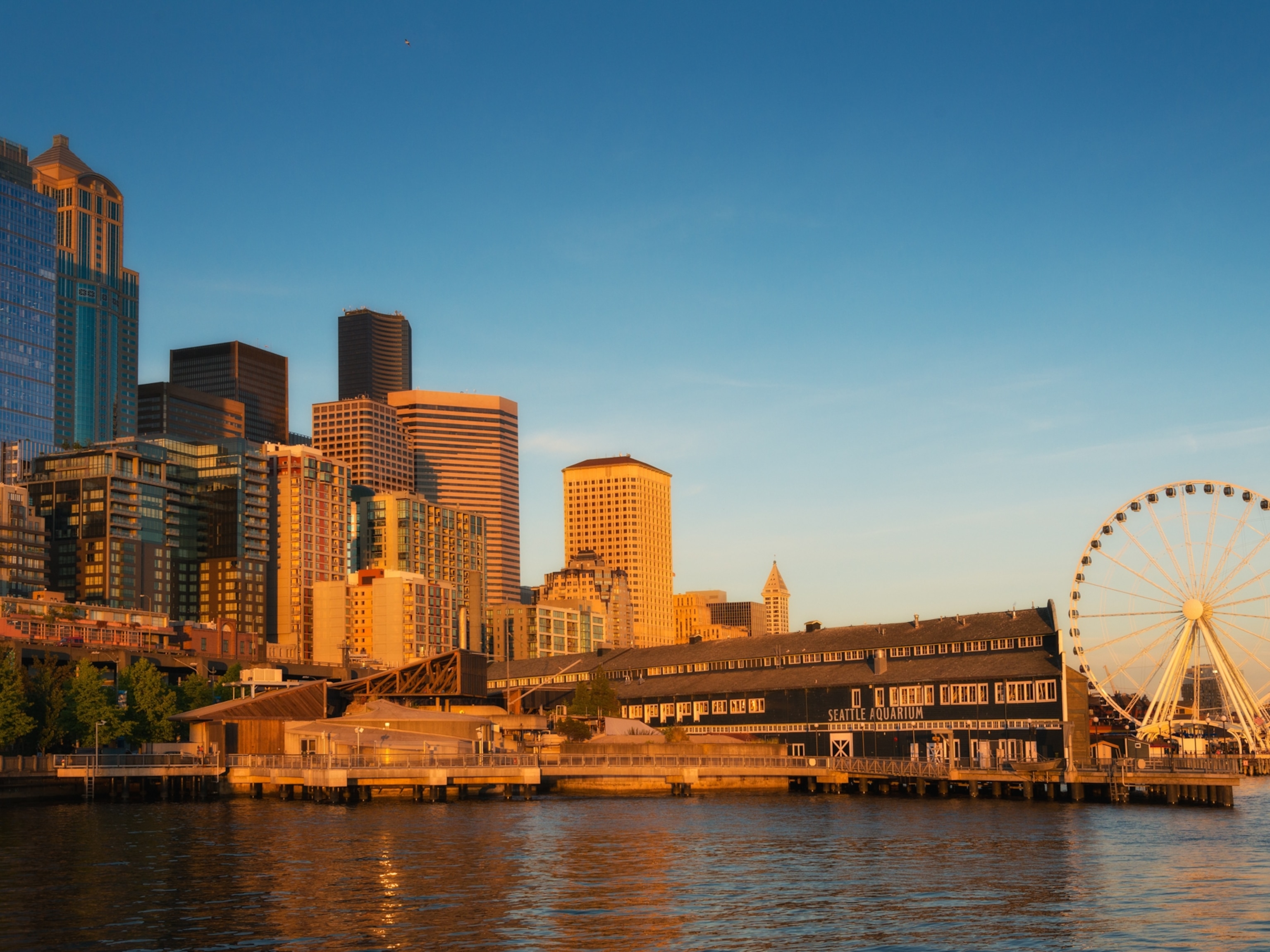
Skateboard Wizard
One on One
From the March 2010 issue of National Geographic Traveler
From Alaska to Sierra Leone, Tony Hawk travels far and wide to promote alternative sports.
Tony Hawk took up skateboarding at age nine, and now, at 41, he's one of the few athletes in the world whose name is virtually synonymous with his sport. On a purely technical level, his greatest accomplishment was being the first to perform a "900" on a skateboard, rotating two and a half times in midair at the 1999 X Games, a showcase of extreme sports. But in the years since, his role has expanded, and while no longer competing, Hawk has become a sort of alternative sport emissary to the world, traveling widely to put on skateboarding exhibitions and to promote his charitable foundation—not to mention his licensed video game titles and his commercial interests in skateboards and active sportswear. Hawk is a leading role model for young people, having been named "Favorite Male Athlete" several times in recent years by the Nickelodeon Kids' Choice Awards. One of his greatest pleasures is traveling with his own four children, who sometimes accompany him on business and exhibition trips.
How does it feel to be out of mainstream competition these days? It's fun, because my trips are much more spontaneous, and I can choose different projects. When you're competing, the travel schedule is so brutal, so all-consuming. Now I have time to do a lot of exhibitions, skate tours, and also some charity work.
Let's talk about that. What drives you to do your mission work? The least I can do with all the success I've had is to help give the same opportunities to kids who might not otherwise have them. I started a foundation to build public skate parks in low-income areas. I also went to Sierra Leone on behalf of the Laureus Sport for Good Foundation and for the Right To Play organization. It was probably the most eye-opening experience of my life. Poverty was so prevalent, yet the kids were excited to see us. We were there to give out sporting goods and to help get former child soldiers, for example, playing with other kids again. They learned volleyball, Frisbee, jump rope. They called my skateboard—something they'd never seen—a "roller buggy." The only cement I found where we could skate in the town we visited was at a bombed-out school. I gave kids rides up and down the hallway on my skateboard.
What has travel taught you? It's taught me so much about diversity and appreciation. I grew up in suburban San Diego, not really exposed to many cultures. But in my travels I've learned to appreciate different perspectives. At first I was a little shocked and nervous in exotic places. I didn't want to eat weird foods, but I eventually came to realize this is what local people are proud of and that I should at least try it. Often I found that I loved it.
You've traveled with your children. How has that changed them? I've taken them with me—to Australia, Asia, Europe—when I knew we would have a couple of days to hang out and experience the place together. They've learned about culture and tolerance. Long trips also teach kids patience, dealing with the hardships of delays. My oldest son, who's 17, has been traveling with me since he was two. Last year he went to a competition in Holland with a couple of other skater buddies, and it was no big deal. I don't know many other 16-year-olds that I would feel comfortable sending overseas. If you start them early, though, traveling is so much easier when they get into their tween and teen years. And the kids become much more well rounded. Compared to their friends and other kids their age, they have a clearer understanding of what people are about. They're less likely to, say, make fun of people who are different from them.
What places have really affected you? My wife and I went to Cambodia and found that in the countryside outside of Phnom Penh, people are so genuinely happy. They don't have much, but they really enjoy themselves and appreciate their families. I also love Japan—the food, the culture, the friendliness, the low crime rate, and the technology. I've always been a sucker for new gadgets. We went to India on a sort of carte blanche trip put on by one of the richest men in the country. He flew us in a helicopter from Mumbai to an exclusive resort called Aamby Valley City. It was pretty impressive, but I don't feel like we experienced India as it really is. Another trip I should mention—it was another one of the best in my life—was heli-skiing outside of Anchorage, Alaska. The wilderness was just so massive. Nothing but peaks as far as you could see, and they drop you off in this little area, where one false move and you're gone. I'm an experienced snowboarder, but I was shaking.
What destinations do you want to visit but haven't yet? China, Tibet, Bhutan. There aren't many other places that I haven't been to, to be honest, but somehow China has escaped me. They've opened one of the biggest skate parks in the world in Shanghai, and this May they're supposed to open a Camp Woodward—a big [alternative] sports camp like they have in the U.S.—in Beijing. I'm waiting for my chance to go.
- National Geographic Expeditions
You're hugely into the electronic gaming universe. Tell me about your new product. Ride is something I wanted to do for a long time but never felt the technology was ready for. It's actually a skateboard-based [video game] controller that you stand on, and it responds to your movements. I took the idea to Activision a couple of years ago. They got really excited about it and put a team together in Chicago to design the peripheral and the game that goes with it. The product is way better than I imagined. They brought the product to a whole new level of technology and interactivity.
Don't games like this sidestep reality? I'm not discouraging people from actually going out and skating. I'm just giving them a chance to feel like they're doing amazing skate maneuvers in the safety of their own living room. I've seen people hop on this thing and easily do kick flips and grind down giant handrails. If they go buy a skateboard, they're not going to be doing that their first day.







